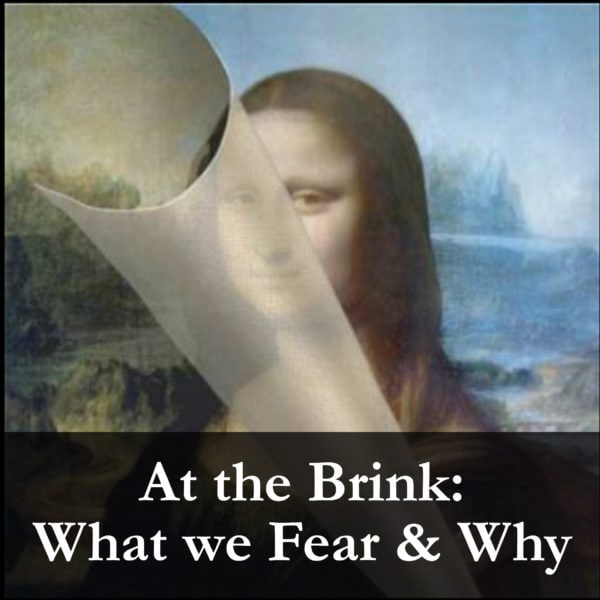In popular culture and in our personal lives we are increasingly terrified by threats of danger and catastrophic destruction. We are entranced by annihilation and dystopian voids. Why do apocalyptic endings in story, film, drama and dreams increasingly command our attention? What is the impact this assault has on each of us and what might we be trying to face in these images of disaster and death? So focused are we on loss, destruction, and chaos, and the end of life as we know it, that we ignore possibilities, the hidden truths waiting to be revealed. The meaning of the word “apocalypse” is “uncovering what has been hidden, revelation of a new truth, rebirth,” bringing a new stage of psychological maturity and development for the whole earth. What might the purpose and meaning be of these fantasies of “end times” and how can we face our fears he ad on, have the courage to imagine life anew, and the courage to face a life we cannot yet imagine. Suggested viewings are the films Melancholia and Beasts of the Southern Wild, with clips from these films shown.




